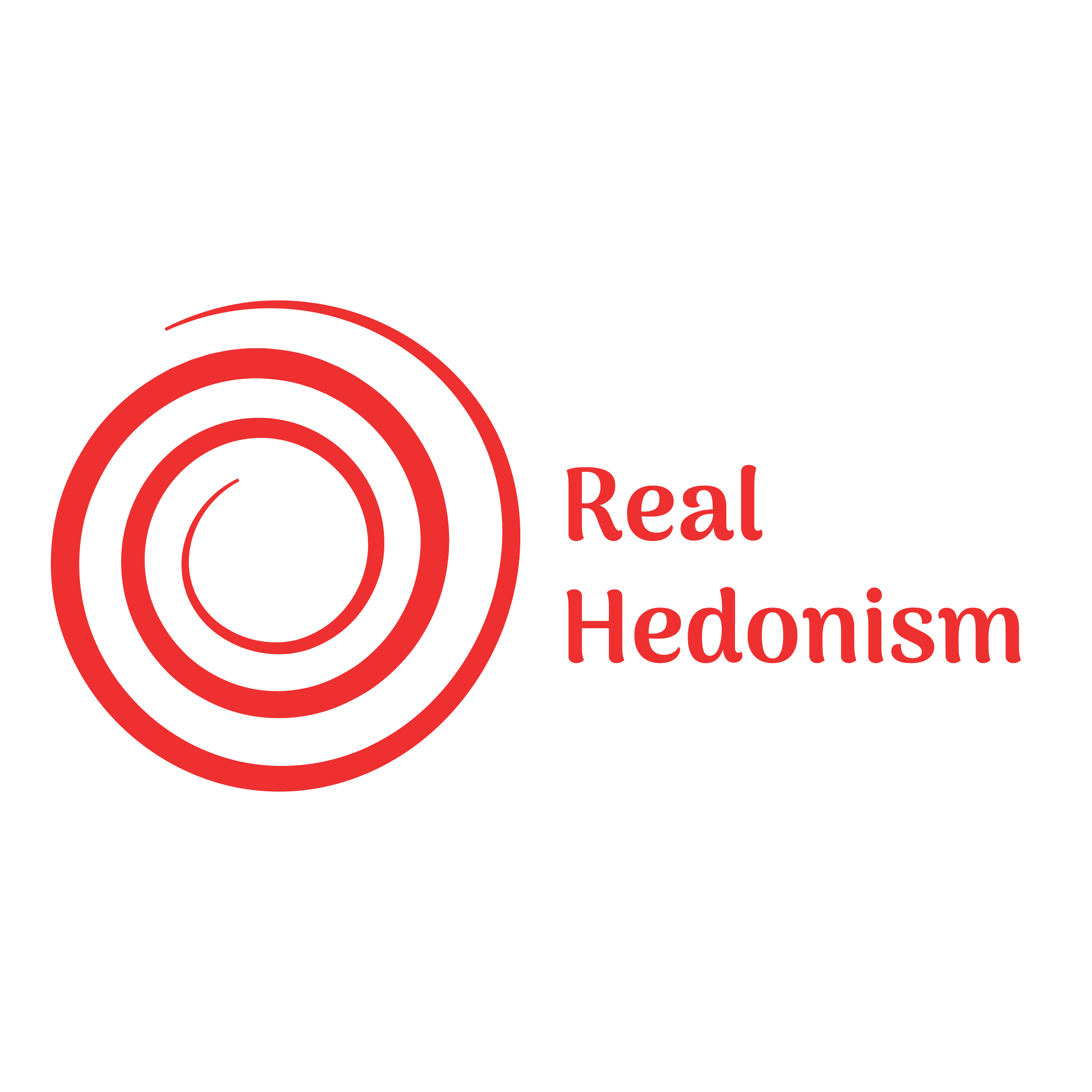Attention is Worship
Attention:
When you pay for an apple at the local farmers market, you are not actually paying for the apple itself. Rather, you are paying for the human attention spent tending the tree, picking the apple, and getting it to the market. The monetary exchange is not about the object, but about the attention required to create or procure the object.
The value of attention has never been as clear as it is today, in the age of the internet. Google and Facebook are two of the richest companies in the world because of how they harness attention. They make money by running websites and apps that billions of people use everyday and then selling ad space on their platforms to other companies. YouTube doesn’t sell videos to its users—it sells user attention to its advertisers.
Worship:
Sometimes people get caught up on the religious connotation of the word “worship”, but it is not a term that must be used in exclusively religious settings. From a functional standpoint, to act on a belief in something is to worship it. A person who worships the Christian god might go to church or read the Bible and someone who worships equality might join a civil rights protest or donate to an organization that helps those in need. To worship something is to treat it with a sort of reverence, to show the world that there is something intrinsically valuable about that thing.
Attention is Worship:
There is nothing more scarce or unpredictable than the amount of time that each of us gets to spend on this planet. As Hedonists, we believe that our attention is more valuable than anything else we have, and whenever possible, we must use it exclusively for the things that are most important to us.
We use the concept of “attention is worship” as a tool to remind us that there is no better way to show our belief in something than to spend our attention on it.
For most people, the majority of our time is spent working jobs or going to school, whether or not we like it. Creating a society where every person can consent to the things that they spend their time doing is a primary goal of Real Hedonism, but that is a topic for another time. For now, know this: the amount of attention that each person has to spend is deeply affected by the amount of privilege they have. That said, “attention is worship” can only be a useful tool for the times when you are free to choose how you spend your attention.
An example we often like to use for this concept is Netflix. The ability to sit on the couch and watch a good show at the end of the day has given us and 118 million other people quite a bit of enjoyment. Alas, the thought of worshiping a streaming service is uncomfortable at best and has brought us to question what exactly it is that we are worshiping. Do we believe in the goodness of TV (hah), Netflix itself, or the individual shows we like to watch? Do we crave the ability to simultaneously tune in and zone out, or the ideas that we gather from our time in front of a screen?
By thinking critically about this relationship we have been able to double down on the parts we truly think are beneficial while illuminating and getting rid of the parts we don’t. We have learned that we don’t like spending attention on TV every night and that we should have an explicit purpose for every show or movie we watch. It has helped us to cherish nights where we play games with friends, go out dancing, meditate, snuggle and laugh in bed, or focus on other acts of self care. With “attention is worship” in mind, our time watching Netflix has simultaneously become much less frequent, and much more enjoyable.
What we spend our attention on changes who we are and shapes the world around us.
By watching Netflix regularly, we support a world where Netflix exists. We are more likely to follow up on new seasons of shows and spend even more of our precious free time behind a screen. By donating to a church, a follower of that church is supporting its existence, encouraging it to grow, and consequently, creating a larger community for themselves to practice their faith inside of. By going for daily walks, you are probably going to improve your health, feel more connected with nature and your community, and be more likely to get involved when you notice the city propose something like a new walking garden in place of an old parking garage—potentially having a permanent effect on your city.
There are no clear cut lines about which things truly deserve our attention, but this tool helps us eliminate the things which obviously do not. For Hedonists, the things that matter most are those which help us to maximize pleasure, but “attention is worship” is an idea that is useful whether or not you are a Hedonist. We hope that this concept will help people of all religions and ideologies become even more devoted to that which they believe in.
. . .
If you are jiving with “attention is worship,” but you’re unsure of how to use it in your day-to-day life, we invite you to try this exercise:
Draw a circle on your hand at the beginning of the day
Every time you see that circle, notice what you are paying attention to at that moment (other than the circle on your hand 😉)
Ask yourself if this thing, person or task is worthy of your worship
If it is, feel free to continue paying attention
If it isn’t, feel free to redirect that attention toward something more worthwhile

